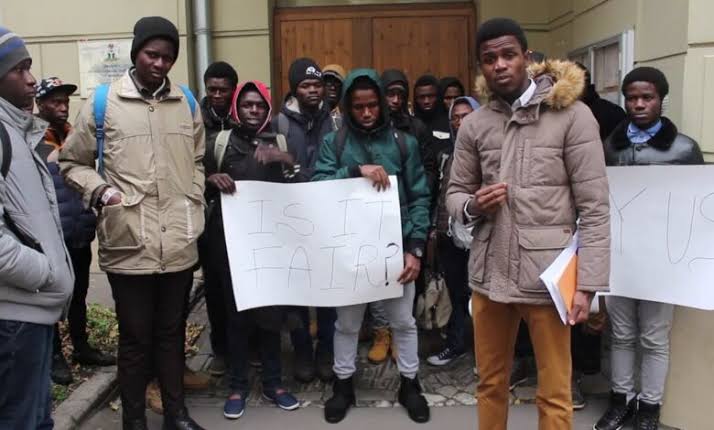Nigerian students studying abroad under the Federal Government’s Bilateral Educational Agreement (BEA) Scholarship are facing hardships after the government announced a reduction in their allowances due to economic challenges in Nigeria.
The allowances for scholars in countries like Russia, Morocco, and Algeria have been cut by 12.7%. This decision was communicated in a memo signed by Ndajiwo H.A., the Director of the Federal Scholarship Board, on behalf of the Minister of Education, Prof. Tahir Mamman.
The BEA Scholarship program facilitates education exchange between Nigeria and partnering countries, with the Federal Scholarship Board (FSB) overseeing the scholarships under the Ministry of Education.
The memo explained that due to the current exchange rate situation in Nigeria, it has become difficult for the FSB to maintain the original allowance amounts promised to scholars. After consultations, the FSB decided to adjust the allowances to fit the budget for the 2024 academic year.
The new adjustments have slashed the monthly supplementation allowance from $500 to $220, the postgraduate research allowance from $1,000 to $500, and the passage/graduation allowance from $2,500 to $2,000. However, allowances for warm clothing, health insurance, pilot, and medical expenses remain unchanged.
In response, the affected scholars have expressed their frustration, noting that they have not received their allowances for over 13 months and have had to find alternative means to survive in foreign countries.
Ronald Donald, one of the scholars, highlighted the difficulties faced by students in Russia and Morocco, where the cost of living is high. In Russia, a student needs at least $300 per month for basic expenses, while in Morocco, students often have to rent apartments starting at $200 per month.
To cope with these challenges, some scholars have relied on loans from the Nigerian embassy in Russia, which are repaid once the FSB disburses the funds.







